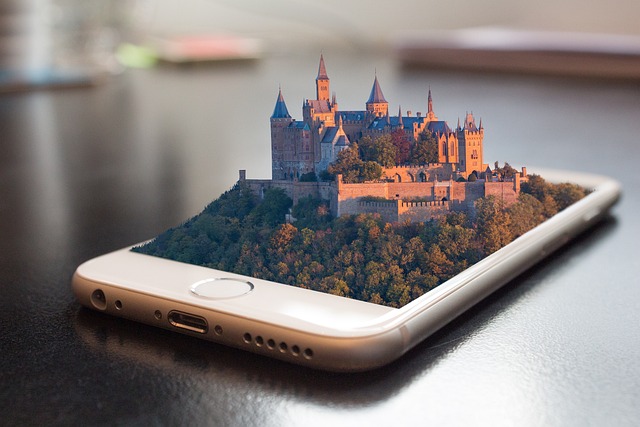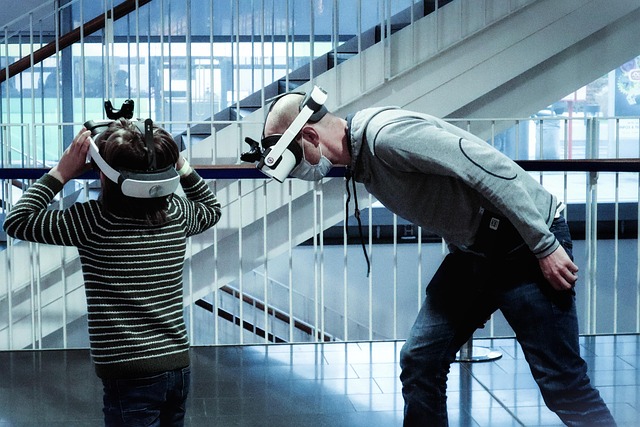Exploring the Evolution of Digital History in Video Games
The world of video games has undergone a remarkable transformation over the past few decades, not only in gameplay mechanics and graphics but also in the way it captures and portrays digital history. As technology continues to evolve, video games have become powerful tools for storytelling, allowing players to immerse themselves in historical narratives like never before. This journey into the past can evoke a sense of nostalgia and curiosity, prompting players to explore the rich tapestry of human experience through interactive mediums.
The Roots of Digital History
Digital history in video games can be traced back to early titles that incorporated historical themes, ranging from ancient civilizations to wartime scenarios. One of the pioneers of this movement was Adventure (1979), a text-based game that drew inspiration from classic literature and mythology. It laid the groundwork for integrating historical references in gaming, opening the door for future developers to create settings steeped in authenticity.
From Education to Entertainment
As we moved into the 1990s and 2000s, game developers began to realize the potential of using gaming as an educational tool. Titles like Civilization (1991) and Age of Empires (1997) introduced players to historical events, figures, and cultures, allowing them to not just witness but also shape history. These games provided a unique blend of entertainment and education, sparking interest in areas that players might have otherwise overlooked.
Living History Through Interactive Experiences
With the advent of advanced technology and graphics, games began to offer rich, immersive experiences that allowed players to step directly into historical settings. Assassin’s Creed series, for example, is celebrated for its meticulously crafted worlds that make players feel as if they are wandering the streets of Renaissance Italy or the bustling markets of Ancient Egypt. Such experiences not only entertain but also serve as a conduit for learning about diverse cultures and historical events.
The Role of Community in Historical Exploration
The growth of online platforms and gaming communities has further enhanced the exploration of digtial history. Players eager to dive deeper often exchange ideas, share resources, and collaborate on projects, fostering a collective appreciation for history. Mods, fan art, and community events can breathe new life into historical narratives within games, creating spaces where players engage with the past in innovative ways.
The Future of Digital Historical Experiences
As technology continues to advance, the integration of virtual reality (VR) and augmented reality (AR) into the gaming landscape is poised to revolutionize how we interact with digital history. Imagine walking through the ruins of Pompeii or witnessing a moment from World War II from the frontlines in real-time. These possibilities can create deeply emotional connections to historical events that textbooks simply cannot replicate.
In an era where misinformation can easily spread, video games present an opportunity to inspire critical thinking and spark curiosity about the past. As developers strive to create more authentic and engaging historical narratives, players are given the chance to not only experience but also reflect on the lessons that history teaches us.
As we continue to explore the evolution of digital history in video games, it’s clear that the intersection of gaming and history offers both entertainment and enlightenment. So, whether you’re a seasoned gamer or a curious history buff, there’s a whole universe of digtial history waiting to be discovered in the world of video games.




